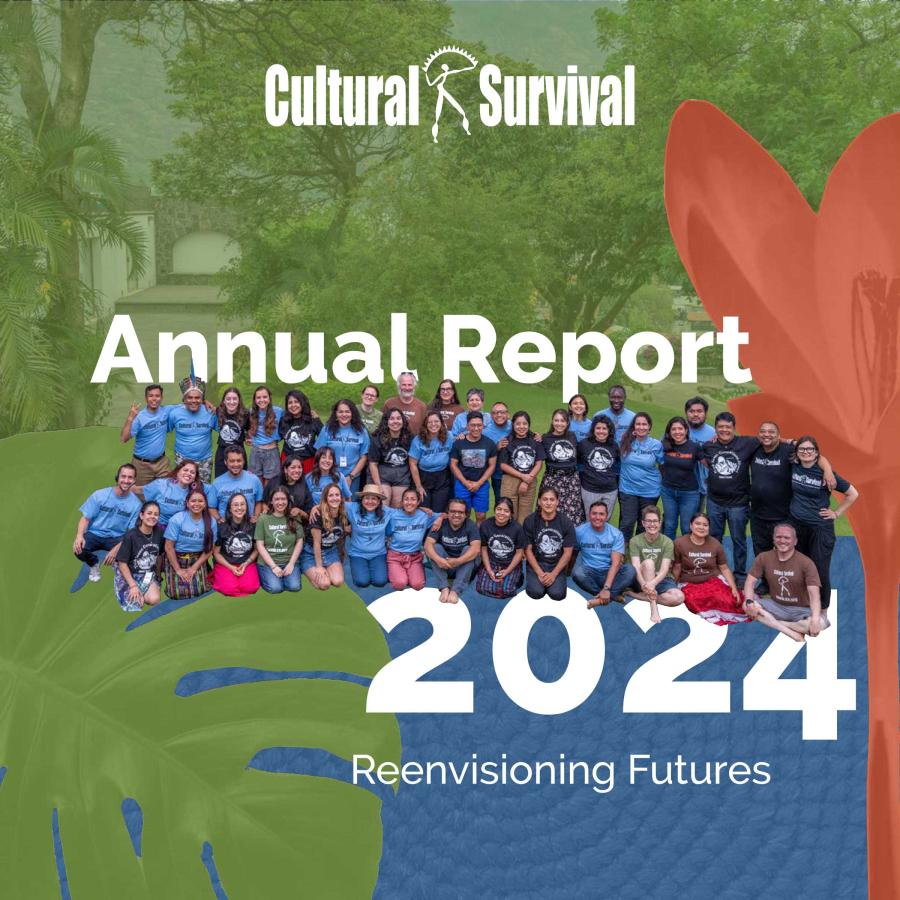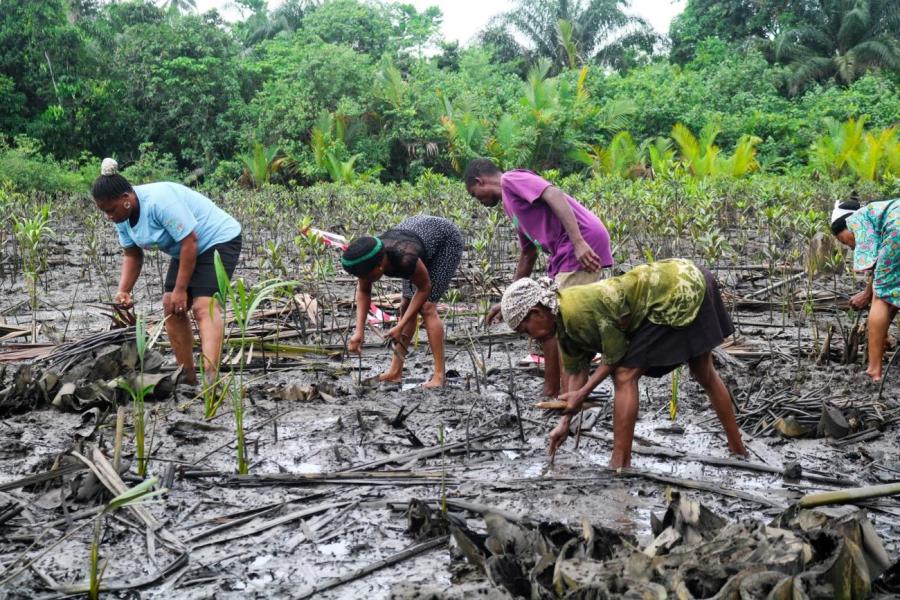
Today, February 21, is International Mother Language Day, first proclaimed in 1952 as "Language Movement Day" by Dhaka University students in Bangladesh (formerly East Pakistan) who were protesting suppression of their Bengali language. Police and military forces opened fire, killing many young people in attendance.
Cultural Survival supports and promotes locally-based, Indigenous-controlled community media and language revitalization efforts aimed at training new generations of fluent speakers. At least 43% of the estimated 7000 languages spoken in the world are endangered. We continue to raise the profile of the endangerment crisis. We have formed new international partnerships aimed at bringing rich perspectives on language loss and revitalization to a global audience through our Indigenous Rights Radio programs.
On this International Mother Language Day, stand with Cultural Survival in supporting for these and forthcoming efforts to promote and contribute to the local revitalization of the world's knowledge base--our mother tongues.
1. Listen to and share our Indigenous Rights Radio programs
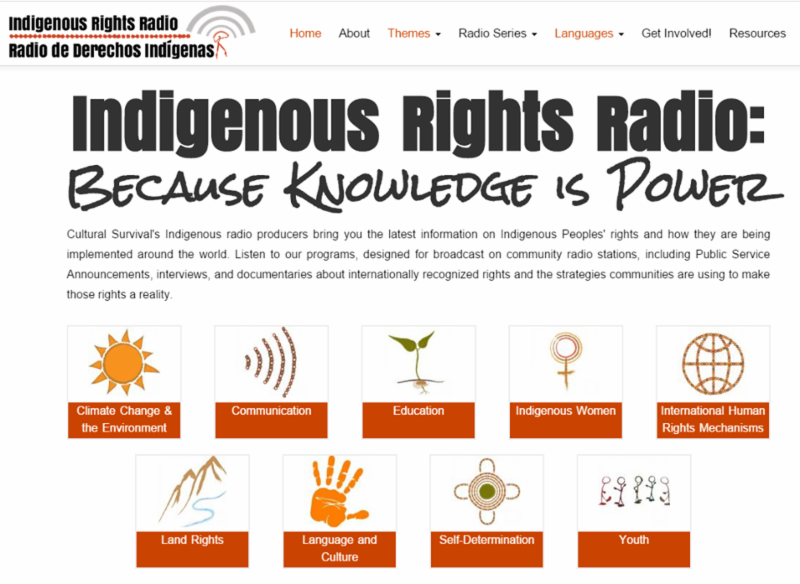
Cultural Survival is producing and distributing radio programs worldwide on topics related to Indigenous rights. With the help of volunteers from all over the world, we have translated programs and recorded audio in over 30 languages, including Nepalese Indigenous languages of Rai, Magar, Tharu, Nepal Bhasa, Limbu, Tamang, and Gurung; Nepali; Belizean Q'eqchi'; the Guatemalan Indigenous languages of Kaqchikel, Q'anjobal, K'iche, and Mam; Olelo Hawai'i; and more. Our Indigenous Rights Radio producers released over 160 programs on Indigenous rights to over 1,000 stations in 69 countries this past year.
|
Radio Promotes Diversity |
Perfiles de Mujeres Indígenas en el Marco del Día Internacional de la Lengua Materna
Las mujeres Indígenas alrededor del mundo cumplen con distintos roles encaminados a mantener sus culturas y tradiciones milenarias, entre ellos, conservar y practicar el idioma materno.Esta tarea no ha sido fácil para las mujeres Indígenas. En este programa le presentamos a varias lideres Indígenas que a nivel local y regional han logrado mucho para sí mismas y sus comunidades.
2. Learn about the Sustainable Development Goals in Ayuuk,
K´iche', Afrikaans, and Sunuwar
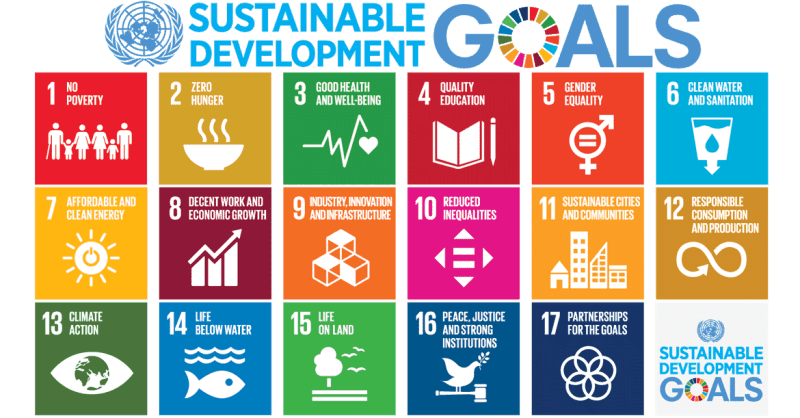
3. Listen to our series on Indigenous languages in English and Spanish
To commemorate the International Year of Indigenous Languages, in 2019, we produced a series on efforts to revitalize Indigenous languages.
Listen here
4. Learn about the Khoe language in South Africa
The Khoe language is part of Khoe identity but it is not being taught and it is not recognized as a national language. Denver Toroxa Breda speaks about his movement to keep his language alive.
5. Learn How Cultural Survival is Supporting Indigenous Languages through Grants
We wanted to share some of the initiatives Cultural Survival has supported over the past year focusing on language revitalization. Read more.
6. Find Out Whose Land You Are On and What Indigenous Languages Are Spoken
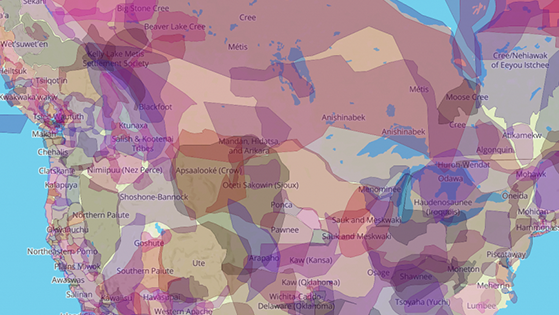
7. Read Our Cultural Survival
Indigenous language loss is occurring all over the world. Concerned communities are using many methods including community radio as an effective tool in revitalizing their languages.

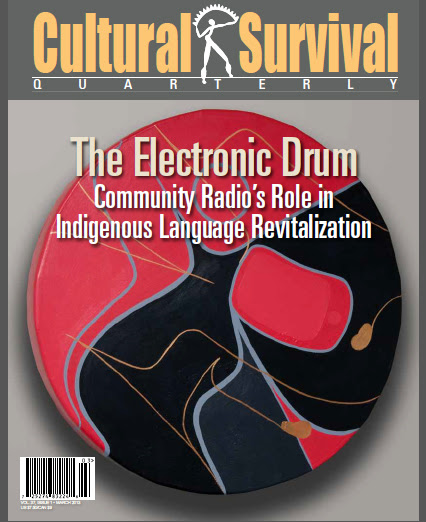
8. Download the app Chunkay on Android to learn beginner Kichwa Kañari, one of the Indigenous languages of Ecuador

On November 27, 2019, Cultural Survival’s grant partner Instituto Superior Pedagógico “Quilloac” Bilingüe Intercultural in Ecuador, launched Chunkay, their Kichwa Kañari language learning app for children. Learn more.
9. Get Ready for the International Decade of Indigenous Languages
The UN General Assembly proclaimed 2022-2032 as the International Decade of Indigenous Languages. This decade will bring more knowledge and support of Indigenous languages and cultures.
10. Attend the Mother Tongue Film Festival in Washington D.C.
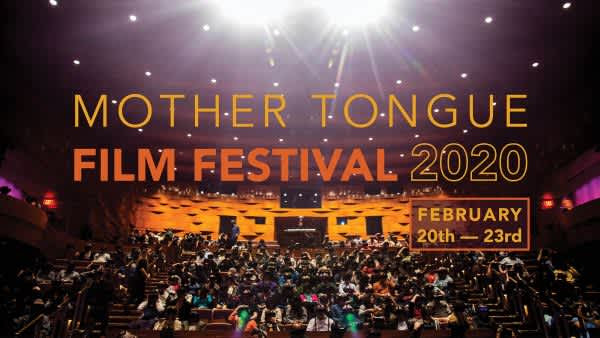
The Smithsonian’s Mother Tongue Film Festival celebrates cultural and linguistic diversity by showcasing films and filmmakers from around the world over four days of free screenings in Washington, D.C. Since 2016, the annual festival has celebrated International Mother Language Day on February 21. The fifth annual festival will take place February 20–23, 2020.
11. Be Social! Please share this message.
Share a greeting in your mother language using the hashtag #motherlanguagesday #IMLD2020 #motherlanguage
12. Make a gift today to support the work of Cultural Survival.



